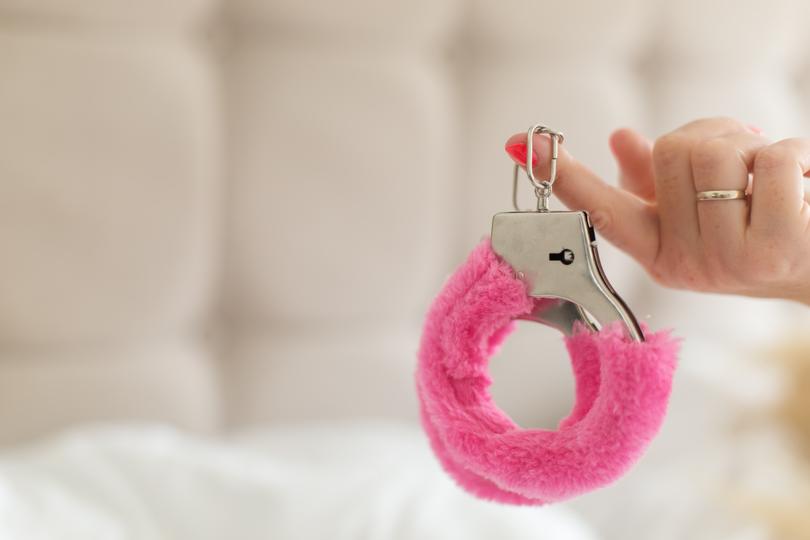PLEASURE GAP: Renowned sexologist Chantelle Otten reveals how men get it easier in the bedroom & how to fix it
A ‘pleasure gap’ driven by male ignorance around female anatomy is resulting in men getting a better deal in the bedroom, according to renowned sexologist Chantelle Otten.

A “pleasure gap” driven by male ignorance around female anatomy is resulting in men getting a better deal in the bedroom, according to renowned sexologist Chantelle Otten.
Ms Otten, a Melbourne-based author, psycho-sexologist, scientist and Lovehoney’s sex and relationship expert, believes women are getting a raw deal when it comes to sex and says single women or those in same-sex relationships would be more satisfied than many of those in heterosexual relationships.
“There is definitely a gap in terms of pleasure and orgasm and I would say those who have penises are coming out on top, and I would say those that have a clitoris are probably having more fun if they’re in same-sex relationships or if they’re by themselves,” she told The Nightly.
Sign up to The Nightly's newsletters.
Get the first look at the digital newspaper, curated daily stories and breaking headlines delivered to your inbox.
By continuing you agree to our Terms and Privacy Policy.“I think we do have quite a long way to go in closing that pleasure gap for vulva owners.”
Ms Otten, 33, believes Australia has undergone a sexual regression in recent years, driven by a lack of adequate sex and pleasure education.
Confusion around female sexual organs, in particular the clitoris, was fuelling the problem. Ms Otten recalled a male friend her age recently admitting he had only just discovered the term vulva.
“What’s going on? It’s crazy.
“Actually understanding the vulva anatomy beyond the basics is really crucial, and the clitoris’ role as a significant pleasure centre and how large it is,” she said.
“A lot of people learnt about sexuality from movies, from pornography, from romance novels. We didn’t talk about pleasure or the nitty gritty, we didn’t discover the true anatomy of the clitoris until 19 years ago through (Australian scientist) Dr Helen O’Connell.
“Nineteen years is not that long. I’m 33… I think that for those any older than me it’s not like this would be a hot topic of conversation.

The sexual regression had been exacerbated by societal problems, Ms Otten said.
“We’re living in some of the hardest times from an economy point of view, there are issues with loneliness, Australia has some of the highest burnout rates in the world… it doesn’t equal a sexy recipe,” she said.
Mental and physical health issues, trauma, a lack of sleep and exercise and excessive alcohol and drug consumption were also fuelling the problem.
“And technology is a massive one,“ Ms Otten said. “It’s easier to be getting a dopamine hit from your phone than it is to be connecting with someone these days.”
Many women Ms Otten works with, in her clinic, suffer “good girl syndrome”, she said, meaning they felt like they had to conform to society’s standards around modesty and compliance.
“If we want to help femmes overcome that, we have to look at reframing sexuality to encourage positivity… it’s not something to be ashamed of... sexual pleasure is a right and an integral part of wellbeing.”
She also urged men to be open-minded when it came to sex toys, which she said “are not a reflection of someone’s performance or ability but rather a tool to enhance pleasure for everyone involved.”
“They aren’t going to cuddle you to sleep at night, they are an extension of your sexual self,” she said.

Encouraging kind, open and honest communication between sexual partners — and throughout wider society — and improving sex education would go a long way to addressing the problem, she believes.
“I’m very aware men don’t have positive role models to look up to, in terms of education or how to treat people… that’s why so many are flocking towards people like Andrew Tate,” she said.
“There is so much going on (behind closed doors)… we really don’t understand what people are going through so we have to be open and inclusive. Just be kind.”
